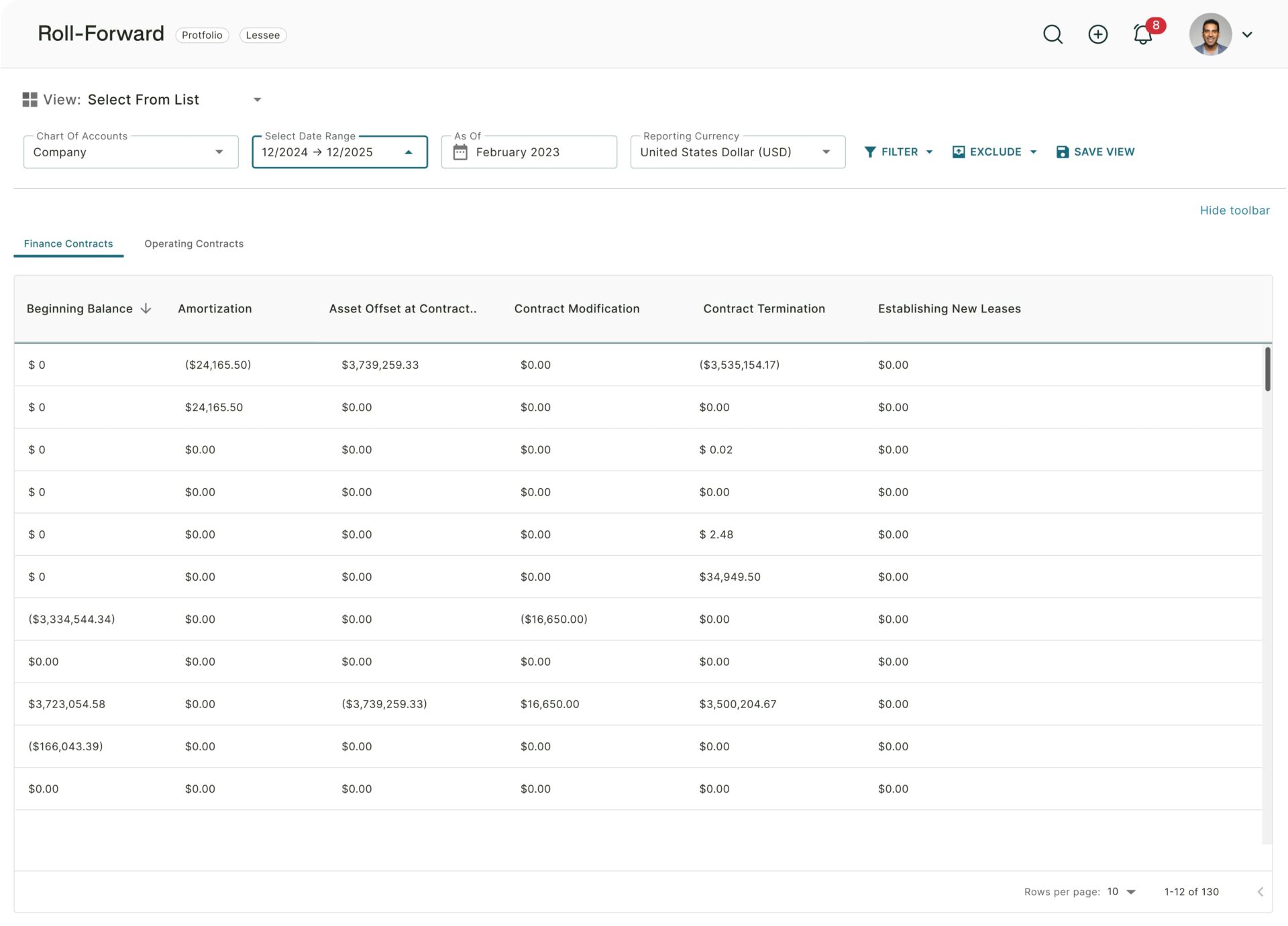As a professional service provider, you’re passionate about adding value to your clients. Especially when it comes to new challenges, your clients look to you for support, expertise, guidance and advice.
One such challenge that companies are having to deal with is the recent change to the way that lease accounting is handled. This is new for all companies, with standards such as ASC 842 and IFRS 16 only becoming applicable over the last couple of years – and updates to these even more recently.
So how can you strategically position yourself and your practice to confidently add value in this area; knowing that you’re providing your client with the best solutions possible, while building on your long-term relationship?
One answer that covers everything is offering an outsourced lease accounting service. Leveraging the latest software specifically designed for this purpose, you’ll ensure maximum compliance, minimum headache, and very appreciative clients.
In this article we’ll look at 4 key things to look for in selecting software to support your practice.
Why offer an outsourced lease accounting service
As we touched on earlier, everyone is aware of the dramatic changes to the way that lease accounting is handled. What people are less sure of, is how exactly to set up the internal processes and external reporting to both comply with these new standards, and take advantage of the positives that have come out of these changes.
The updates to the lease accounting standards include specific accounting requirements – for example the creation of balance sheet items relating to leases – as well as other measurement issues such as evaluating whether a contract contains a lease, and how to deal with modifications to leases.
The majority of your clients have enough on their plates already. Finance and accounting departments are often stretched to the limit just dealing with day-to-day challenges, not to mention the constant push to add value through high-impact activities rather than just reporting in.
By taking lease accounting off of these companies’ to-do lists, you’re offering a massive win; they can focus on providing value rather than studying and complying with ever-changing standards, and you can take care of this challenging issue and use the learnings to feed back into your clients’ businesses.
4 things to look for in software to support your practice
First, it’s important to sketch out how this process actually looks in practice. Your client likely has dozens, hundreds, or thousands of leases. From vehicles to office space, specialized equipment to water coolers.
Up until now, many clients were dealing with these leases on Microsoft Excel, where changes would be done manually, and journal entries updated based on these changes. With the new lease accounting standards and updated requirements, this process is essentially untenable.
Enter lease accounting software. All leases are scanned by the software; this can be Excel sheets, scanned PDFs, you name it. The lease accounting software automatically “reads” the contracts and picks up the critical information, including amounts, dates, and so on.
The software is able to generate from this data everything from journal entries to disclosure requirements, and it’s all traceable back to the source documents.
Best of all, it’s all completely visible in real-time to all stakeholders. Controller, CFO, consultant, auditor – they all have one source of truth. There’s no issue of version control, no ridiculously long email chains. It’s clear, accurate, and efficient.
So what should you look out for when choosing the right software to support your practice?
1. Seamlessness
The lease accounting software that you choose should primarily be seamless; that is, it should integrate easily with current solutions, and should not create friction between yourself and your client. A smooth onboarding process is key, as well as something that isn’t too complex from a client perspective and that doesn’t add additional and unnecessary work or overhead for your client.
2. Security
With such sensitive information, security is key. The software you choose should have SOC and SOC 2 certifications to ensure that only authorized stakeholders have access to the information.
3. Reliability
Ultimately, your clients’ financial information needs to be reliable; from a compliance perspective, from an accuracy perspective, and from a timeliness perspective. One of the challenges here is that lease accounting standards are constantly being updated. For example, over the past year certain Corona-related updates were released. The right lease accounting software will use a SaaS model to ensure that everything is always fully compliant and up-to-date.
4. Automation
There’s lease accounting software, and lease accounting software. The old way of doing things was almost as time consuming as just doing things manually. The new way of doing things – which is only offered by the top lease accounting software solutions – offers full automation, removing all of the clunky, repetitive and error-prone processes of old.
Fortunately or unfortunately, there are few options out there that have been purpose-built for this new era of lease accounting, and even less designed with an outsourced model in mind. The good news is that when you’ve tried the right one, you’ll know immediately that it’s the right fit. The interface, the onboarding process, the security levels and the advanced automation will jump straight out.
Outsourced lease accounting: a novel way to add value
With the right lease accounting software package in place, you’ll become the go-to experts for your clients, taking a huge load off their shoulders and offering a tremendous amount of value in return.
To find out more about Trullion’s software, which is used by global leaders in their outsourced lease accounting practices, get in touch with the team.





